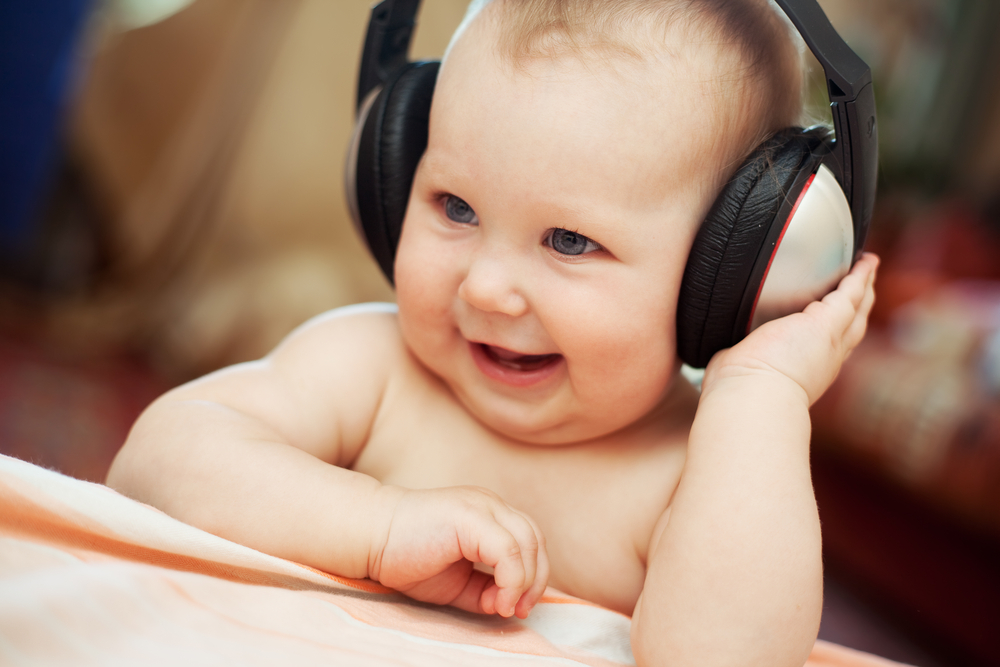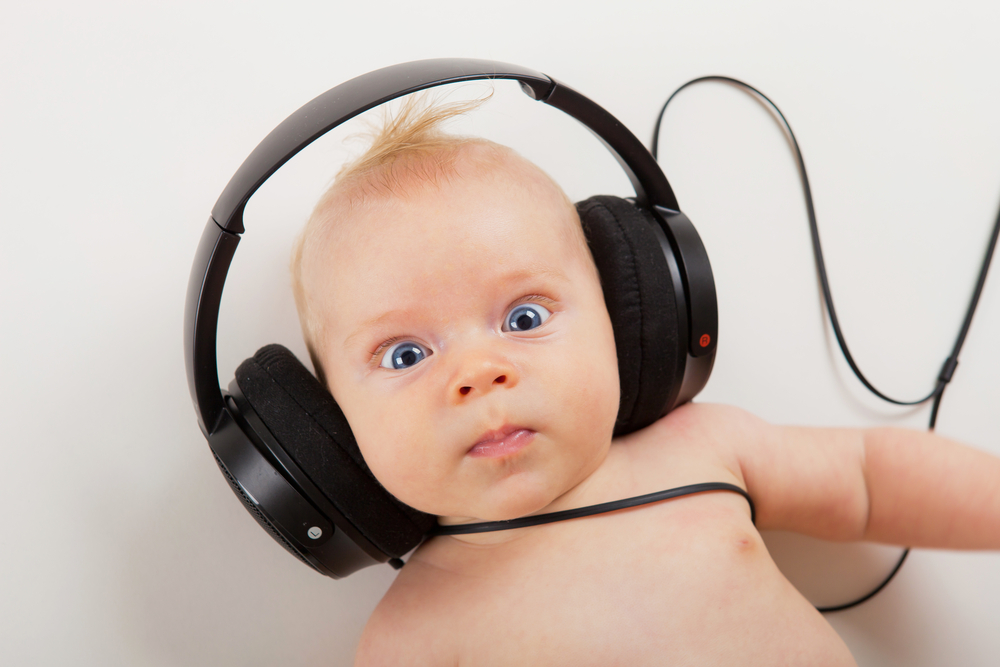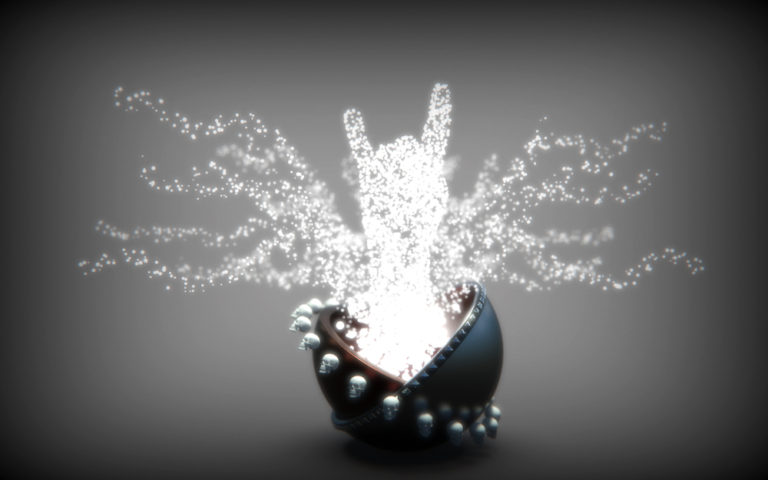Is Rock Music Good For Babies?
Introducing babies to music is a simple, fun way to interact with them that will help them to develop early cognitive skills. The so-called Mozart effect, the scientific legend that there’s a positive relationship between early exposure to Classical music and higher spatial IQ points, has many parents opting to expose their young babies to music in the first year of their lives. But what about Rock music? Is Rock music also good for babies?
The Mozart effect and whether exposure to Classical music makes babies more intelligent is questionable. Still, research has shown that exposure to any kind of music (including Rock music) positively affects early childhood development, particularly boosting language skills.
So, if music is good for babies, why is the Mozart effect theory flawed? Simply put, because it doesn’t matter what kind of music you’re exposing your children to (we’ll discuss this later) and because it’s unlikely that you particularly enjoy Classical music, you don’t have to listen to string quartets all day thinking it will make life easier. And, if you enjoy Rock music, why not listen to that instead?
Why Music Is Good For Babies
The Mozart effect was introduced to the masses back in 1993 when a paper in Nature published findings from a study of 36 college students who listened to either a 10-minute Mozart sonata or sat in silence before conducting several tasks designed to evaluate spatial reasoning.
One such test was to ask the participants to predict what a paper folded several times over would look like if it was cut and then unfolded. The study found that students who had listened to Mozart scored eight to nine spatial IQ points higher than those who had sat in silence for the 10 minutes before the evaluations.
The paper’s author, Psychologist Frances Rauscher, was puzzled by the relationship and couldn’t explain the link. He argues that it may just be a case of parents wanting to do everything they can to give their children an early boost. It is grounded in the belief of ‘infant determinism’ that a critical period early in development has irreversible consequences for the rest of a child’s life.
However, the scientific legend was dispelled in 1999 by Christopher Chabris, a psychologist at Union College in Schenectady. He found that the IQ difference was only between one-and-a-half IQ points and focused entirely on the paper-folding task in his meta-analysis of 16 different studies related to the newly-popularized Mozart effect. He says this minor difference could simply boil down to the variability from one candidate to another. In other words, correlation is not necessarily causation.
Rauscher admitted 14 years later that there’s not enough compelling evidence that Classical music will not positively influence a child’s development if they listen to it.
She did note, however, that children should be encouraged to play a musical instrument, citing another study conducted in 1997 which showed that, among 25,000 students at the University of California, those who had spent time learning to play an instrument or taking on another musical pursuit tested higher on their SATs than those who had not.
Another study from I-LABS that studied 12 15-minute play sessions of 39 babies and their parents who guided them through various activities. 20 babies were listening to music while 19 were not listening to music during the activities, and the study of the control groups found that babies in the music group had stronger responses to disruptions in patterns.
However, a 2016 study from the University of Washington’s Institute for Learning and Brain Sciences (I-LABS) found that nine-month-old babies’ brains could process speech faster while participating in play sessions with music.
The studies suggested that, by experiencing the patterns in the music’s rhythm, a baby’s ability to detect and make predictions about those rhythmic patterns in speech can improve. Therefore, engaging with music early on in life can profoundly affect a baby’s cognitive skills.
Babies experience a new, complex world in their early lives and constantly confront various lights, sounds, and sensations. For their brains to develop, they need to recognize patterns of activity and make predictions about what’s going to happen next.
Pattern prediction is a critical cognitive skill that, if developed early, could have a profound impact on learning in the long term. Language, for example, uses strong rhythmic patterns to combine and time our syllables. These rhythms are how we distinguish one speech sound from another and understand what people are saying.
But Is Rock Music Good For Babies?
So, if music is good for babies because it helps them identify rhythmic patterns, then effectively, the music genre they listen to will make absolutely no difference. So, yes, Rock music is good for babies!
However, given the nature of a lot of Rock music, be warned that you should avoid playing anything loud and steer clear of music that sounds chaotic because that doesn’t help with pattern prediction. And, of course, be wary of the lyrics in your songs; the last thing you want is for your child’s first words to be some obscene lyric from your favorite Grunge band.
But, if you really want them to thrive, you should get some basic, kid-friendly instruments and get them to start playing. It’s probably not going to do very much for your already-worn-out patience, but believe it or not, those loud and annoying drum kits, recorders, and percussion instruments do actually help your kids. Over time, they begin to figure out the relationship between movements and sounds, causes and effects.

Rock Songs To Add To Your Baby’s Playlist
You may be wondering to yourself already what kind of music would be the best to play to your children. After all, Rock music frequently covers themes that just aren’t suitable for kids.
Truthfully, you can introduce them to any music you like (again, nothing too chaotic) and lay the foundations for them to grow up with good taste. But if you’re looking for a playlist that would be good to get started with this:
| Artist | Song |
| Kim Wilde | Kids in America |
| The Ramones | Spiderman Theme |
| Ok Go | Muppet Theme |
| Alice Cooper | School’s Out |
| Ween | Ocean Man |
| Queen | We Will Rock You |
| The Monkees | I’m a Believer |
| The Beatles | Yellow Submarine |
| Billy Joel | We Didn’t Start The Fire |
| Wilco | Just a Kid |
| The Beatles | Octopus’s Garden |
| Isley Brothers | Shout |
| Cake | Mahna Mahna |
| Johnny Cash | You Are My Sunshine |
So, there you have it. If you are a parent that’s hoping that music can positively affect your baby’s development, you are in luck. And, if you’re a fan of Rock music (or any other kind of music for that matter), the good news is that you don’t have to listen to Classical music. You just need music that has rhythm. This helps your baby learn how to identify patterns and can be very useful as they continue to learn new things every day.
So, if you’re a fan of Pink Floyd, Queen, Blink 182, Radiohead, Green Day, or any of the biggest Rock bands from your generation, don’t worry, their legacy can and will continue through your kids! However, if you really want to give your kids a boost, try to get them to learn how to make music.
Sources
- The Best Rock Songs for Kids: From Beatles to SpongeBob | Fatherly
- The Benefits of Introducing Baby to Music | Parents
- Fact or Fiction?: Babies Exposed to Classical Music End Up Smarter | Scientific American
- What Music Is Best For Babies? | Mom 365
- Music improves baby brain responses to music and speech | UW News








